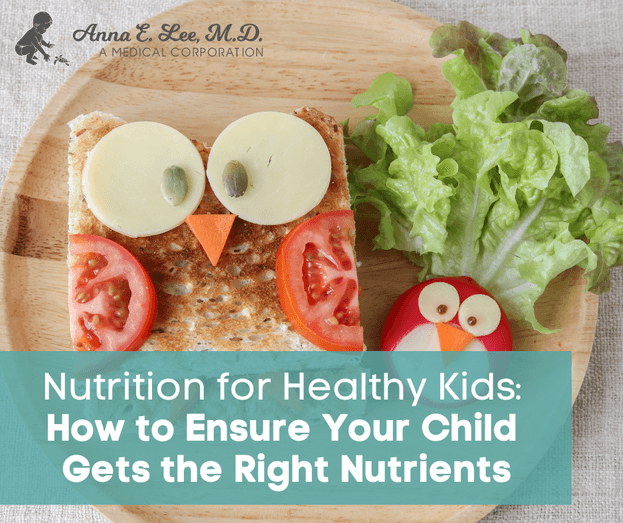As parents, we all want the best for our children, and one of the most important aspects of their well-being is their nutrition. Providing your child with the right nutrients is essential for their growth, development, and overall health. In this blog, we’ll explore the key principles of nutrition for healthy kids and offer practical tips to ensure your child gets the right nutrients they need to thrive.
1. Balanced Diet
A balanced diet is the cornerstone of good nutrition for kids. It means providing a variety of foods from different food groups to ensure they receive a wide range of essential nutrients. These food groups include:
– **Fruits and Vegetables:** Encourage your child to eat a rainbow of fruits and vegetables, as they are rich in vitamins, minerals, and antioxidants. These nutrients are crucial for growth and immune system support.
– **Protein:** Incorporate lean protein sources such as lean meat, poultry, fish, beans, tofu, and nuts into your child’s diet. Protein is essential for muscle development and overall health.
– **Dairy or Dairy Alternatives:** Dairy products like milk, yogurt, and cheese are excellent sources of calcium and vitamin D, which are vital for strong bones and teeth. If your child is lactose intolerant or prefers non-dairy options, opt for fortified alternatives like almond milk or soy yogurt.
– **Grains:** Choose whole grains like brown rice, whole wheat bread, and oats over refined grains. Whole grains provide fiber and energy to keep your child active and satisfied.
– **Fats:** Include healthy fats from sources like avocados, nuts, and olive oil. These fats are crucial for brain development and overall health.
2. Portion Control
While it’s important to offer a variety of foods, it’s equally important to maintain portion control. Children have smaller stomachs than adults, so they require smaller meals and snacks throughout the day. Pay attention to portion sizes to prevent overeating and promote healthy eating habits.
3. Limit Sugary and Processed Foods
Excessive sugar and processed foods can lead to a variety of health issues, including obesity and dental problems. Limit sugary beverages, candies, and snacks. Instead, offer healthier alternatives like fresh fruit, yogurt, or homemade snacks with natural sweeteners.
4. Hydration
Proper hydration is often overlooked but is crucial for your child’s health. Encourage them to drink water throughout the day. Limit sugary drinks like soda and fruit juices, as they can lead to excess sugar consumption.
5. Meal Planning
Meal planning can help ensure your child gets the right nutrients. Plan balanced meals and snacks in advance to avoid last-minute, less healthy options. Get your child involved in meal planning and preparation to make them more invested in their nutrition.
6. Set a Good Example
Children often model their behavior after their parents, so set a good example when it comes to eating habits. Eat a variety of nutritious foods, and sit down together as a family for meals whenever possible. This fosters a positive attitude toward food and encourages healthier choices.
7. Be Patient and Persistent
Children can be picky eaters, and it may take several attempts before they accept new foods. Be patient and persistent in introducing different foods and flavors. Offer a variety of options and avoid pressuring your child to eat something they dislike.
8. Consult a Pediatrician or Nutritionist
If you have concerns about your child’s nutrition or suspect any dietary restrictions or allergies, consult a pediatrician or a registered dietitian. They can provide personalized guidance and recommendations based on your child’s specific needs.
Conclusion
Nutrition for healthy kids is a crucial aspect of their overall well-being. By providing a balanced diet, controlling portions, limiting sugary and processed foods, and being a positive role model, you can help ensure your child gets the right nutrients they need to grow, develop, and thrive. Remember that healthy eating habits established in childhood can set the foundation for a lifetime of good health.



